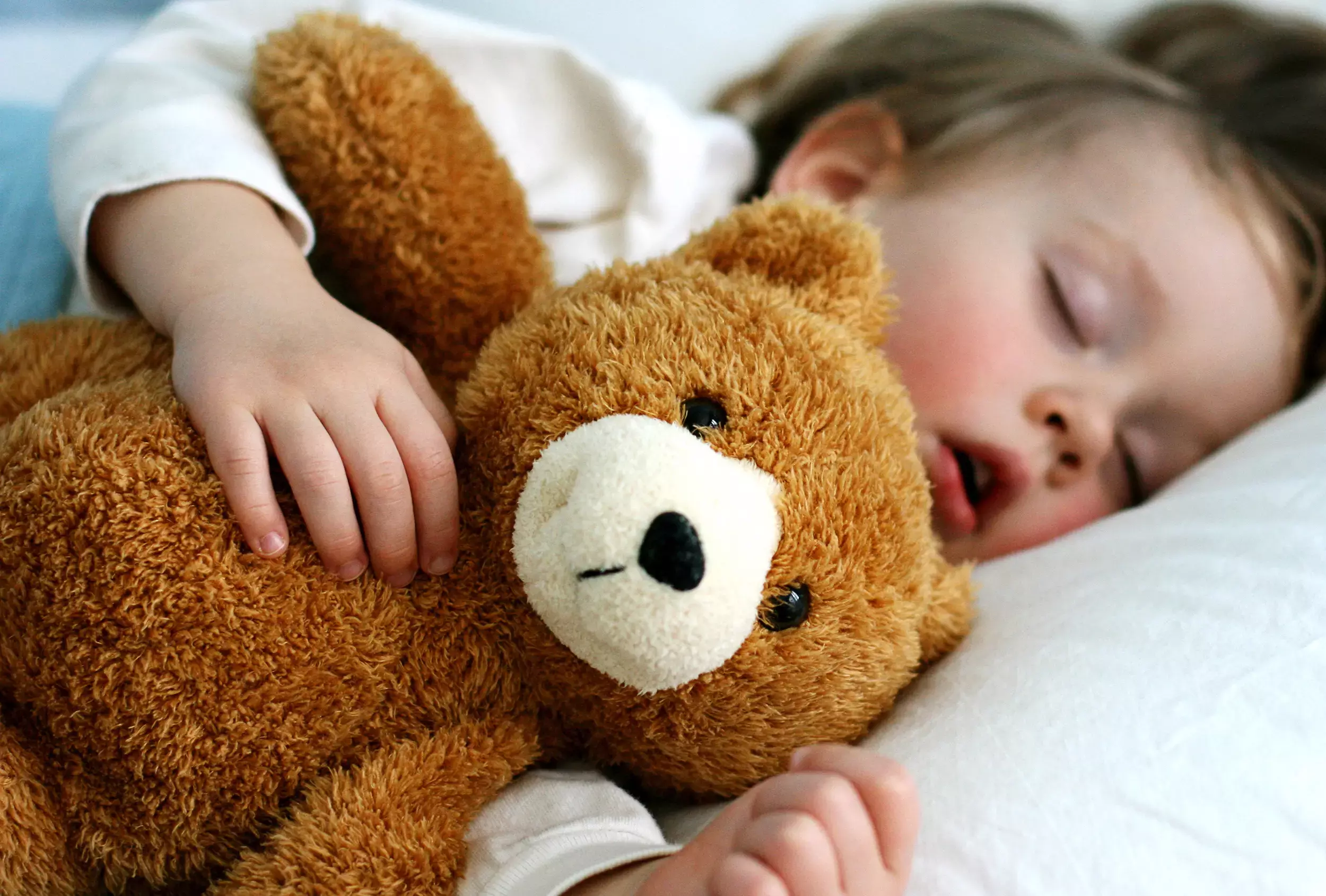- Home
- Medical news & Guidelines
- Anesthesiology
- Cardiology and CTVS
- Critical Care
- Dentistry
- Dermatology
- Diabetes and Endocrinology
- ENT
- Gastroenterology
- Medicine
- Nephrology
- Neurology
- Obstretics-Gynaecology
- Oncology
- Ophthalmology
- Orthopaedics
- Pediatrics-Neonatology
- Psychiatry
- Pulmonology
- Radiology
- Surgery
- Urology
- Laboratory Medicine
- Diet
- Nursing
- Paramedical
- Physiotherapy
- Health news
- Fact Check
- Bone Health Fact Check
- Brain Health Fact Check
- Cancer Related Fact Check
- Child Care Fact Check
- Dental and oral health fact check
- Diabetes and metabolic health fact check
- Diet and Nutrition Fact Check
- Eye and ENT Care Fact Check
- Fitness fact check
- Gut health fact check
- Heart health fact check
- Kidney health fact check
- Medical education fact check
- Men's health fact check
- Respiratory fact check
- Skin and hair care fact check
- Vaccine and Immunization fact check
- Women's health fact check
- AYUSH
- State News
- Andaman and Nicobar Islands
- Andhra Pradesh
- Arunachal Pradesh
- Assam
- Bihar
- Chandigarh
- Chattisgarh
- Dadra and Nagar Haveli
- Daman and Diu
- Delhi
- Goa
- Gujarat
- Haryana
- Himachal Pradesh
- Jammu & Kashmir
- Jharkhand
- Karnataka
- Kerala
- Ladakh
- Lakshadweep
- Madhya Pradesh
- Maharashtra
- Manipur
- Meghalaya
- Mizoram
- Nagaland
- Odisha
- Puducherry
- Punjab
- Rajasthan
- Sikkim
- Tamil Nadu
- Telangana
- Tripura
- Uttar Pradesh
- Uttrakhand
- West Bengal
- Medical Education
- Industry
Earlier Bedtime Best Intervention for Pediatric Sleep Health: JAMA

LONDON, UK: Earlier sleep regimens can be utilized as a "simple, realistic, efficient method to effectively enhance total sleep time that could have important benefits for child health," according to recent research published in JAMA Pediatrics.
For many factors of a child's health, development, and well-being, children need a sufficient amount of sleep. However, as children's sleep durations are getting shorter, it is still unclear how to make healthy kids sleep longer.
A group of researchers set out to see if nonpharmacological interventions may help children sleep for longer periods of time because there are currently no proven methods to encourage healthy sleep in youngsters. Additionally, they looked for the main elements of the investigated therapies.
For this purpose, a team of researchers separately reviewed 28,478 randomized clinical trials that assessed various strategies to lengthen healthy children's sleep. The team included and evaluated a total of 45 studies. The information was then handled in accordance with the Preferred Reporting Items for Systematic Reviews and Meta-Analysis (PRISMA) reporting standard. The main result was a difference in sleep duration, expressed in minutes. 13,539 participant children from the included trials made up the analysis total. Children in the control group ranged in age from 6642 (49.1%) to 6897 (50.9%) in the intervention group, with a mean age of 18 months to 19 years. In the results, significant differences between trials were taken into account.
Conclusive points:
- Sleep therapies were linked to an increase in nocturnal sleep duration of 10.5 minutes (95% CI, 5.6-15.4).
- In comparison to other research (7.4 minutes; 95% CI, 2.9-11.8; 42 trials), early bedtime interventions were linked to a 47-minute sleep extension (95% CI, 18.9-75.0; 3 trials) (P =.006 for group difference).
- Trials that lasted six months or less generated more significant results.
- Trials using broader interventions, such as those concentrating on obesity, have shown to be less successful at lengthening sleep than studies that concentrate only on sleep. When broader areas were evaluated, the length of sleep increased by 1.2 minutes, but when simply sleep was studied, it increased by 16 minutes.
Strategies to enhance sleep in healthy children were linked to a slight improvement in sleep time, according to a systematic review and meta-analysis of 45 trials (by 10 minutes per night). Although face-to-face delivery was a crucial part of therapies, the researchers found that earlier bedtimes were linked to 47 minutes more sleep every night.
The authors concluded that encouraging children to go to sleep soon can lengthen their sleep and that treatments to promote earlier bedtimes should be used.
REFERENCE
Magee L, Goldsmith LP, Chaudhry UAR, et al. Nonpharmacological Interventions to Lengthen Sleep Duration in Healthy Children: A Systematic Review and Meta-analysis. JAMA Pediatr. Published online September 12, 2022. doi:10.1001/jamapediatrics.2022.3172
Dr Kamal Kant Kohli-MBBS, DTCD- a chest specialist with more than 30 years of practice and a flair for writing clinical articles, Dr Kamal Kant Kohli joined Medical Dialogues as a Chief Editor of Medical News. Besides writing articles, as an editor, he proofreads and verifies all the medical content published on Medical Dialogues including those coming from journals, studies,medical conferences,guidelines etc. Email: drkohli@medicaldialogues.in. Contact no. 011-43720751


